Tag: Beliefs
Wisdom for Teams #43
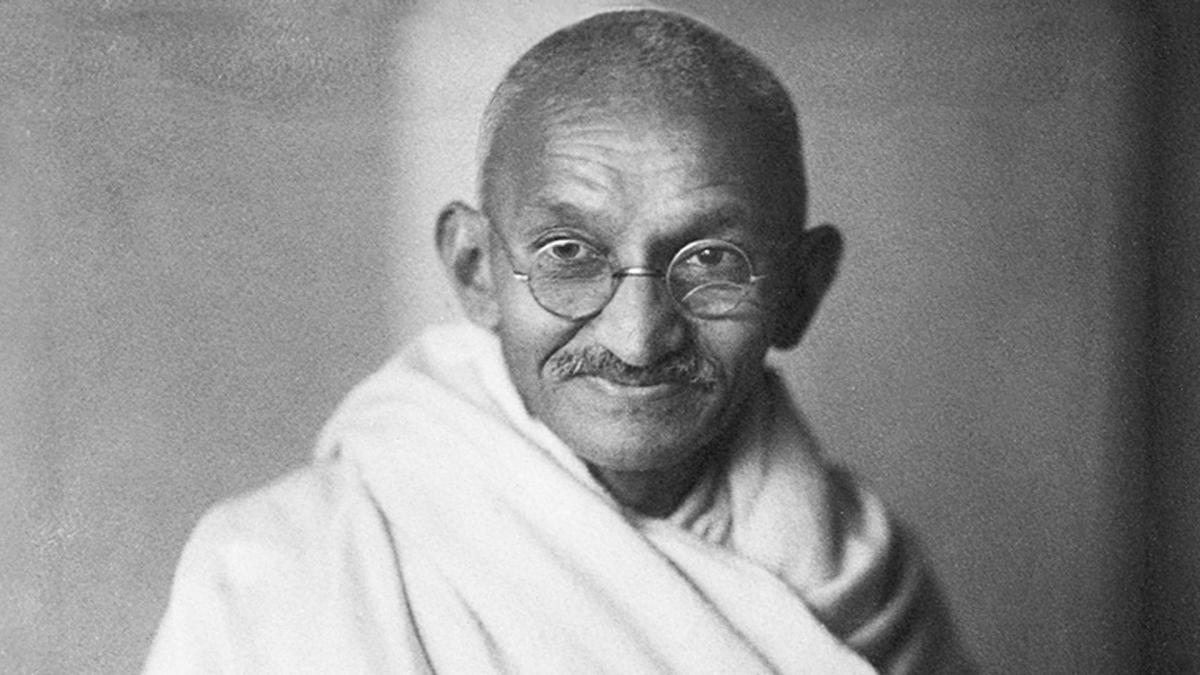
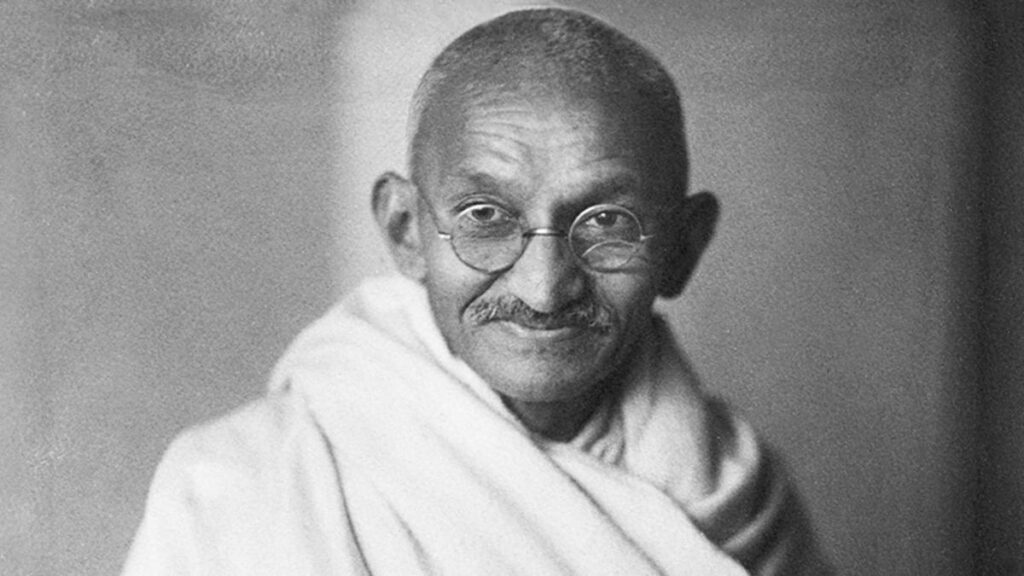
—
No culture can live if it attempts to be exclusive.
—
MAHATMA GANDHI (1869 -1948), Indian lawyer, anti-colonial nationalist and political ethicist who employed nonviolent resistance to lead the successful campaign for India’s independence from British rule.
What They Did to Cinderella and, How It Helps


—
When my daughter, Irene, and I watch a movie on Sunday afternoons, she often says: “I know what’s going to happen, daddy.” What she means is the couch will be more persuasive than the screen, and I’ll fall asleep. This spell was broken when we watched the new Cinderella movie. I couldn’t sleep, and the movie even stole a few of my tears.
So what did they do? Back to this in a moment. First, let me say there’s an important lesson here. Second, no need for a spoiler alert, because I’m not going to tell you what happens. Third, you already know the story, right? And it’s not like they’re going to change the story. Otherwise it would no longer be the story of Cinderella!
So what did they do? Back to this in a moment. Notice that for it to continue being the story of Cinderella, the plot has to be the same, that is, her fight for freedom and a better life. Also, the characters have to be the same: stepmother, stepsisters, prince, fairy godmother, and so forth.
So what did they do? A better question is: What COULD they do? When we’re stuck in a story in life, with the same old plot and with the same darn characters, what CAN we do? What they could do — and did brilliantly — was change the CHARACTERIZATION.
The plot then takes on an entirely different flare, and maybe, just maybe, we get a different ending.
—
When you can’t change the plot, when you can’t change the characters, change the CHARACTERIZATION.
—
P.S. If you’re wondering if we can change, recall the words of Viktor Frankl, neurologist and Holocaust survivor: “When we are no longer able to change a situation, we are challenged to change ourselves.”
4 Universal Truths Like Gravity

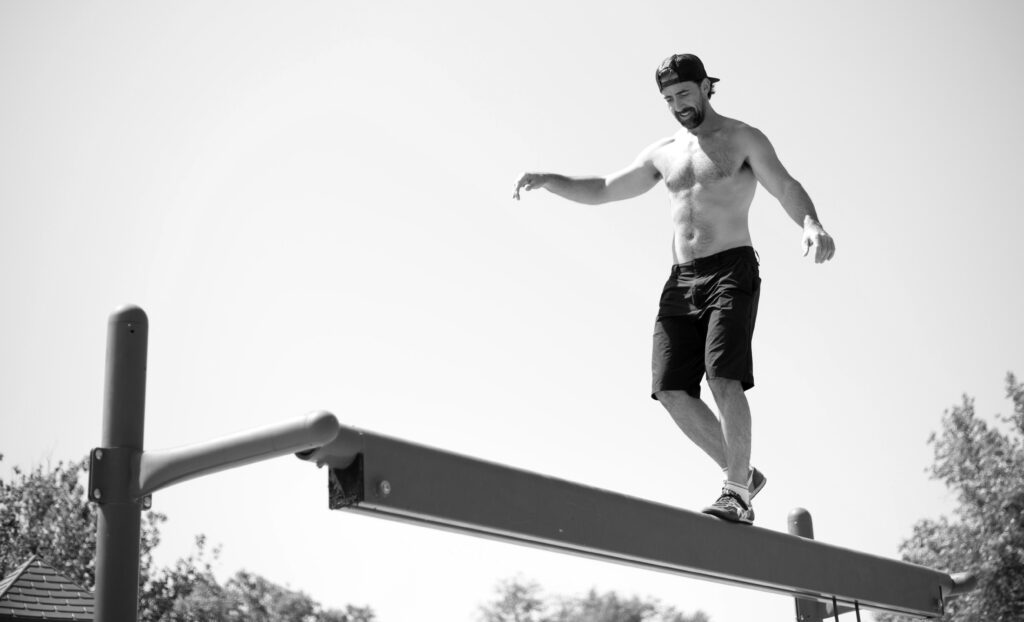
Photo by GMB Fitness on Unsplash
—
7th grade + A gymnastics balance beam + Me fooling around = An awful black eye + An important lesson
—
We can defy gravity but we better not ignore it.
—
Here are four universal truths, like gravity, that I’ve picked up along the years. Defy them at will. Ignore them at your own peril.
—
1 – We are evolutionary work in progress.
Our personal growth is limited by the constraints of the evolution of our species. We can only be what nature allows us to become, and we are not that different from the Homo sapiens of 100,000 years ago.
Make peace with the fact that there are a bunch of unconscious and involuntary survival forces at work in you that you cannot eliminate.
—
2 – We are meaning making machines.
We need meaning to make sense of life, and at the same time, meaning doesn’t exist in itself, we make it up. Meaning is not finding a purpose for experience, meaning is deciding to make experience purposeful.
Don’t look for what your life means. Create meaning for where you are right now.
—
3 – We are the quality of our mind.
Ever notice how some people who live in shitty conditions can live rather happy lives? Whatever our reality, we can only experience the world through our mind. This means the quality of our experience depends on the quality of our mind. Quality of life is quality of mind.
Improve the quality of your mind through education and introspection.
—
4 – We are slaves to our beliefs.
Beliefs are like sunglasses — like it or not, they color reality. Good or bad, right or wrong, whatever we believe determines how we perceive and interpret everything that happens. We can change our beliefs, but once accepted, we can’t erase the color they impose on us.
Regularly review how well your beliefs are working for you.
—
What universal truths would you add to the list?
How Certain Are You of What Is True?


Photo by Thomas Bormans on Unsplash
When I first entered the seminary to become a priest, I never missed morning prayer. I believed that if you were not sick, there was no excuse not to show up. After all, we had a wake up call every morning, and we could always ask a buddy to knock on our room door to wake us up.
So I believed if you missed morning prayer, you should be expelled from the seminary. I believed this to be true.
Three years later, I would occasionally miss morning prayer. I now believed that everyone went through phases. So missing morning was no reason to expel a student. I believed this to be true.
Two drastically opposite ideas of the truth with one thing in common: At the time, there was no doubt in my mind. I firmly believed them to be true. Now, at 45, I wonder how in time I might come to believe the opposite of what seems today to be true.
What shall we make of this?
My Mom


On September 18, my mom, Jorgina, turned seventy. It was a wonderful celebration, even though the other half of the family that doesn’t live in the Azores participated only for a few moments via a video call.
Seventy years made me think about the inevitable, the inescapable, the undeniable. Death. Make no mistake. My mom is a badass. She’s easily got another thirty years in her, and she will definitely not go gentle into that good night. But still, it will happen, and it doesn’t feel nice.
This past Saturday, after my coaching sessions at IESE Business School, my colleagues and friends, Conor Neill and Tony Anagor, and I stood in the parking lot and chatted under the beautiful Barcelona sun.
We talked about how we sometimes struggle to slow down, to stop, to do nothing. Tony said he recently listened to a podcast that suggested we read a poem to help us become more mindful and slowdown. This is the poem:
—
Be here. Not there.
—
That’s the poem. Be here. Not there.
Back to my mom. So grateful for this poem! If I’m there, at the future moment of her death, I’m bound to worry and suffer. If I’m here, at the present moment of her seventy years, I’m bound to celebrate and feel happy.
My mom will die. I will die. I don’t know what it will be like. But it seems pointless to stop living the present to worry about a future I can’t change. So for now, I choose to stay here, happily celebrating her seventy years.
Love you, mom.
The Meaning of Failure
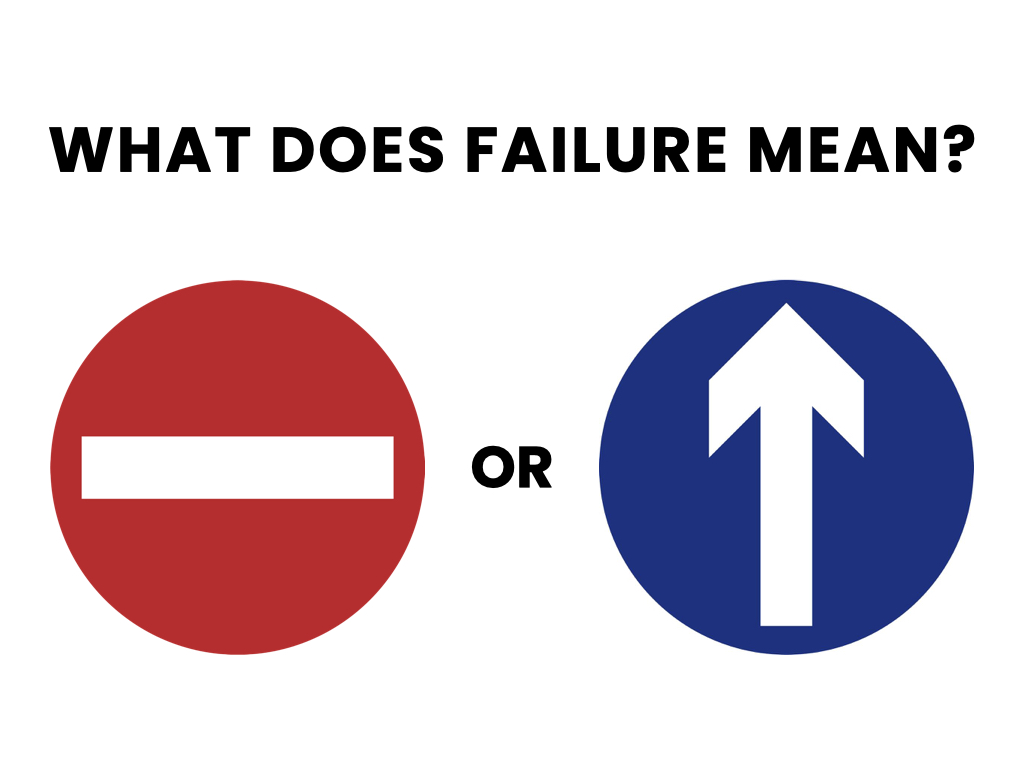
When I was 12, my sister Fatima and I sang a psalm at a wedding. She sang the verses, and all I had to do was sing along in the chorus. Simple enough, but I bombed it. Totally out of key. That day, I learnt I couldn’t sing.
A few years later, I learnt to play guitar and joined the youth choir in church. Truth be told, I was more interested in hanging out with my friends and being around girls than singing. After all, I couldn’t sing.
Then I had music classes in the seminary. But I struggled a lot. When I sang in the choir, the conductor, my friend Marco Luciano, would glare at me from time to time. That was code for: Shut up! Just move your lips and pretend you’re singing. No surprise here, after all I couldn’t sing.
While still in the seminary, I played guitar and double bass in two bands. We weren’t famous, but enough to go on tour in the summer. I composed songs for those bands. But I never sang. After all…

Lately, I’ve been enjoying some quality time with my guitar. When my daughter is not around, there’s no one to sing. So I have to sing. At 45, I realised I can learn to sing. I’m no Pavarotti, but I was capable of singing in a recent talk I gave. And my neighbours haven’t complained… yet.
There were many signs indicating that I could probably learn to sing: the choirs, the instruments, the bands, the composing. But I didn’t learn because I thought I couldn’t, plus there was always someone else to do the singing.
Failure means we don’t know something. It doesn’t mean we are incapable of learning it. When we fail it might be a good idea to create ways to force us to learn, at least just a bit.
—
Failure is an “ahead only” sign — you must keep going at least until the next intersection.
—
As teammates, friends, lovers, parents what sign do we hold up when someone fails?
Wisdom for Teams #11
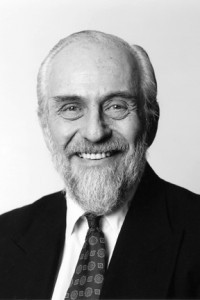

—
“I’ve always been the opposite of a paranoid. I operate as if everyone is part of a plot to enhance my well-being.”
—
STAN DALE (1929-2007), radio broadcaster, writer, teacher, and founder of the Human Awareness Institute.
Wisdom for Teams #10
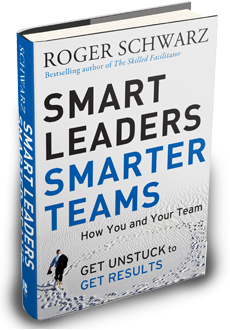

—
“If you want to change the results,
you need to change the mindset that
causes you to behave the way you do.”
—
ROGER SCHWARZ, leadership team consultant, speaker, organizational psychologist, and author of Smart Leaders, Smarter Teams: How You and Your Team Get Unstuck to Get Results.
You Can’t, Until You Have To
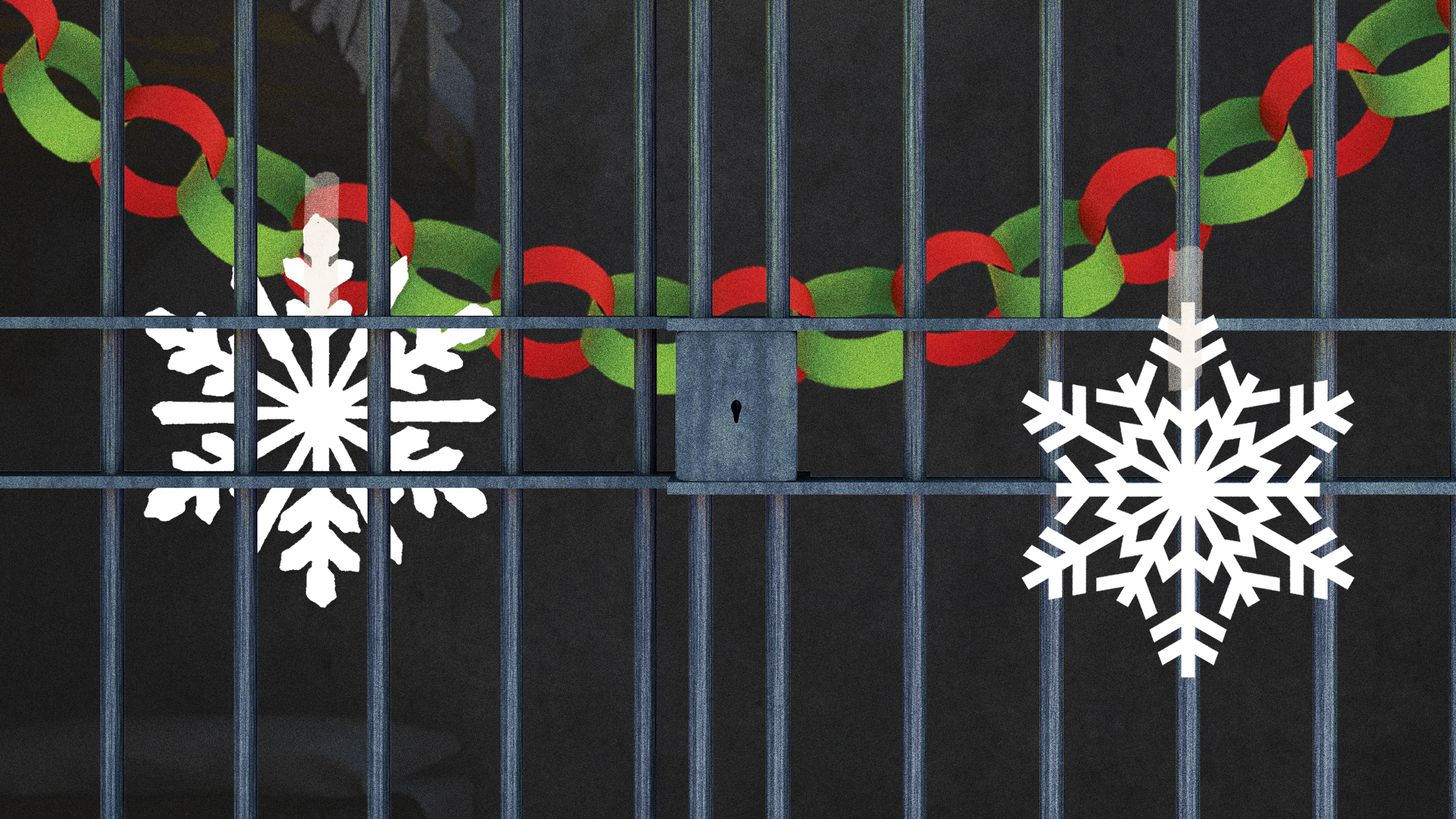

—
In my years as a volunteer in jails, I always hated talking to someone on their first day. What the hell do you say? To my point, in seven years volunteering, EVERY person I spoke to on their first day told me:
—
I can’t do this.
—
The irony was inevitable and piercing: Of course we can’t do this. We’re not made for imprisonment. But then again there was no other choice. The following week I’d come back. There we were again. Sad, sometimes angered, maybe bitter, but they no longer thought: I can’t do this. This a hard truth of life:
—
We can’t, until we have to.
—
Christmas is around the corner. Of course none of us were made for this year’s Christmas. But what’s our alternative? When we catch ourselves thinking: I can’t do this, let us remember: We will, if we have to.
I Broke a Promise
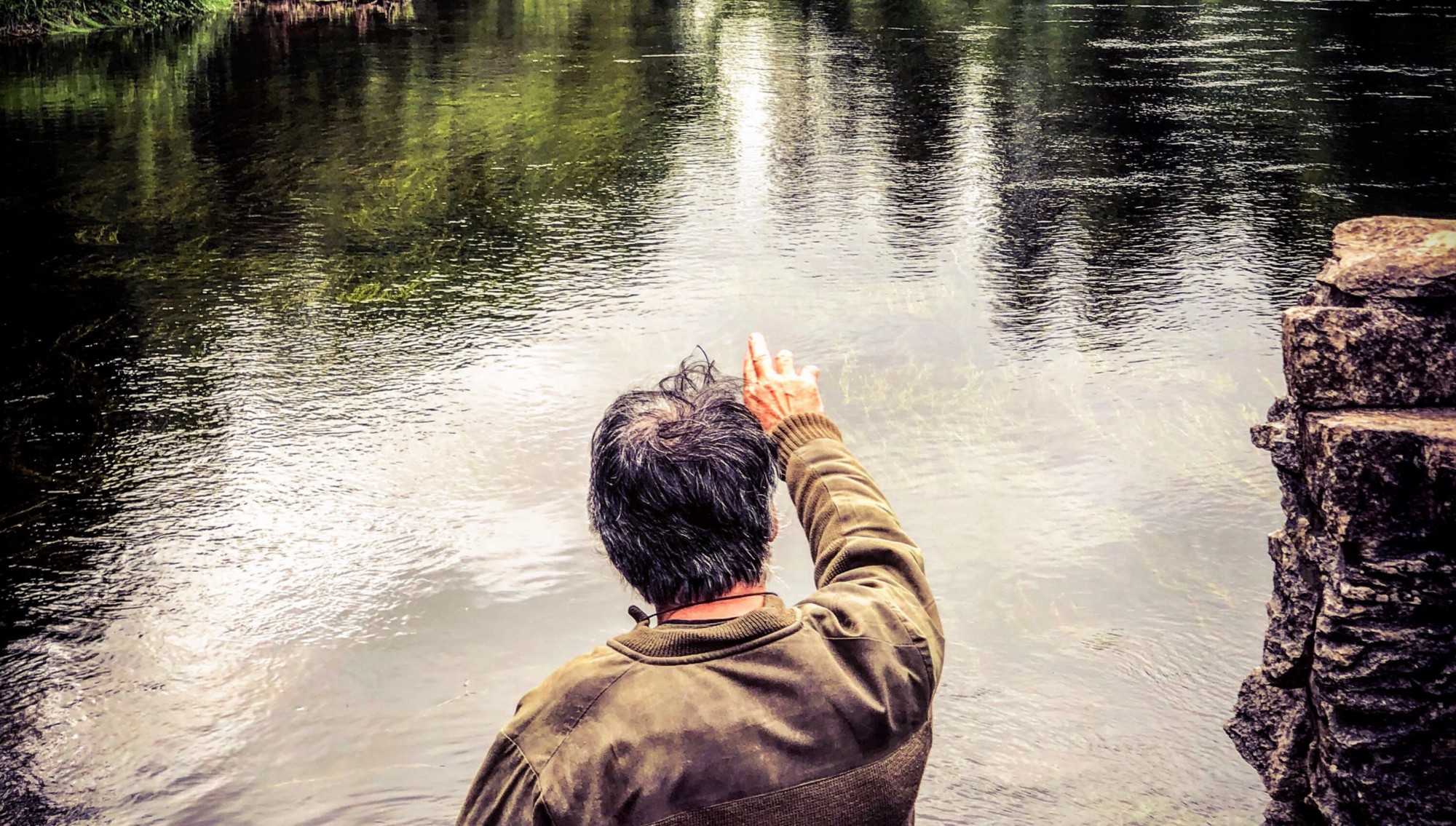

Photo Credit: Jonny Miller
I broke a promise when I decided I’d no longer serve as a priest.
I broke a promise when I decided I’d end the relationship.
I broke a promise when I decided I’d stop seeing that friend.
Breaking a promise didn’t feel good. But it happened, again and again.
This week I came across a poem by David Whyte about how to break a promise.
Apparently we humans break promises, again and again. Apparently we can learn to do it better.
Shall we accept that breaking promises is part of life, like making them is?
—
To Break a Promise
Make a place of prayer, no fuss now,
just lean into the white brilliance
and say what you needed to say
all along, nothing too much, words
as simple and as yours and as heard
as the bird song above your head
or the river running gently beside you.Let your words join one to another
the way stone nestles on stone,
the way water just leaves
and goes to the sea,
the way your promise
breathes and belongs
with every other promise
the world has ever made.Now, let them go on,
leave your words
to carry their own life
without you, let the promise
go with the river.Stand up now. Have faith. Walk away.
In “The Sea in You: Twenty Poems of Requited and Unrequited Love” by David Whyte
P.S. David, I hope you don’t mind me sharing your poem here. Thank you.

